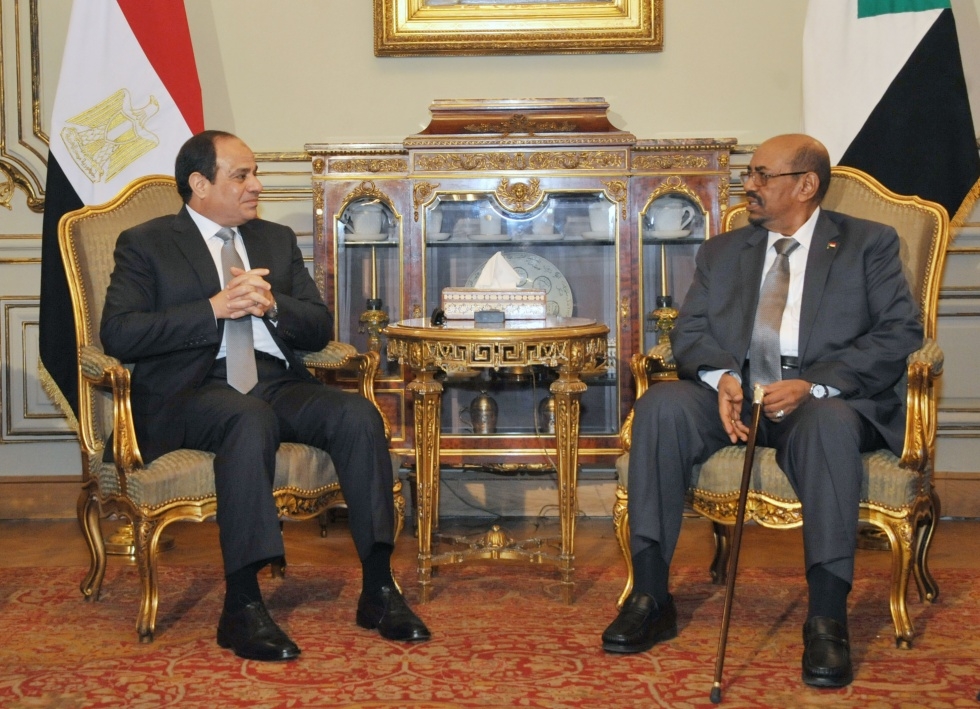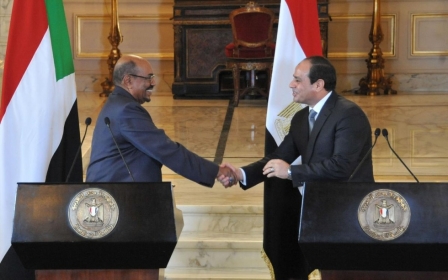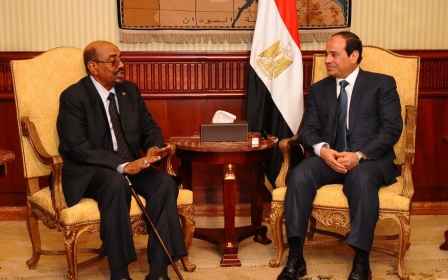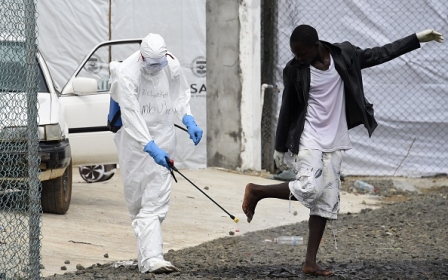Bashir a potential candidate for Sudanese presidency

Sudan's ruling party Monday named President Omar al-Bashir as a possible candidate for the country's April presidential elections, an advisor said, despite doubts he would stand again.
After taking power in a coup in 1989, it had been unclear in recent years whether Bashir would run again in next year's polls.
But he was one of five candidates picked at the convention of his National Congress Party (NCP) in Khartoum, his chief assistant told reporters.
Ibrahim Ghandour said "there were 10 candidates and after a secret vote the leadership council chose five" to head the NCP, naming Bashir and four others.
Once selected, the head will stand as the party's presidential candidate.
The president underwent two knee operations over the summer, raising concerns about his health ahead of the elections.
In a March interview, Ghandour said Bashir had "declared many times that he's not willing to" stand again, but the decision rested with the NCP.
Several opposition parties have said they are not committed to the April elections for president, national and state legislators and for governors.
They insist that any elections must form part of a national political dialogue, which Bashir announced in January to discuss multiple crises in impoverished, war-ravaged Sudan.
Ghandour named the other candidates as himself, senior NCP member Nafie Ali Nafie, ex-vice president Ali Osman Taha and First Vice President Bakri Hassan Saleh.
On Tuesday, the NCP advisory council will pick three of the five candidates named by Ghandour for further consideration for the role.
Writing for Middle East Eye, freelance journalist Amna Bagadi warned that Sudan was “an increasingly isolated state” and had “struggled to maintain relationships on the international stage.”
“Following the arrest warrant issued in 2009 against Bashir by the International Criminal Court for war crimes in Darfur, the president has found himself with less friends and increasingly more enemies, both inside and outside the country,” she wrote.
“The Sudanese president is limited in where he can go and with whom the country can trade.”
She wrote that tensions in the country had been increasing and the populace was becoming more and more dissatisfied with Bashir’s administration.
“Accused of economic mismanagement and corruption, impoverishing the state and sustaining the nation in continued conflict - unpopular in his own country - Bashir is fighting opposition parties, rebel groups and trying to keep a lid on an increasingly angry and destitute populace,” she wrote.
The announcement comes shortly after visit by Bashir to Cairo to talk with Egyptian President Abdel Fattah al-Sisi
Sudan's ambassador in Cairo Abdel-Mahmoud Abdel-Halim said Sisi held a closed-door meeting – that was attended by some ministers from Egypt and Sudan – with Bashir who started an official visit to Cairo earlier in the day, his first since Sisi took over in June.
The ambassador added that during the one-hour meeting, the two presidents agreed to raise to the level of head of state representation - meaning the two Presidents would converse directly - in the Higher Egyptian-Sudanese Joint Committee, a body tasked with the job of cementing cooperation between the two Nile Basin Arab states.
Egypt used to be represented in the committee in the past by its prime minister, while Sudan used to be represented by its vice-president.
Relations between Sudan and Egypt came under strain following Morsi's overthrow by the military amid accusations by some pro-army forces in Egypt for Sudan of supporting Morsi and his embattled Muslim Brotherhood group.
Ties deteriorated further due to Khartoum's support for a hydroelectric dam currently being built by Ethiopia on the Nile River's upper reaches, which Egypt fears could threaten its historical share of Nile water.
Middle East Eye propose une couverture et une analyse indépendantes et incomparables du Moyen-Orient, de l’Afrique du Nord et d’autres régions du monde. Pour en savoir plus sur la reprise de ce contenu et les frais qui s’appliquent, veuillez remplir ce formulaire [en anglais]. Pour en savoir plus sur MEE, cliquez ici [en anglais].




